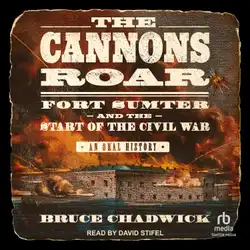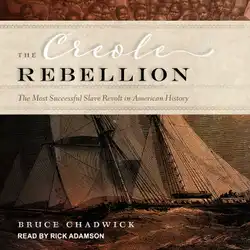The definitive oral history of the battle that turned the tide of the Civil War that combines vivid first-hand accounts with rich historical narrative.
In late June of 1863, one month after his victory over Union forces at Chancellorsville, Virginia, General Robert E. Lee, head of the Army of Northern Virginia, invaded the North. He would cross the Potomac River and head towards Harrisburg, Pennsylvania, with the goal of seizing the trains which would then take his army into Philadelphia and perhaps even New York City. He hoped that these victories would force U.S. President Abraham Lincoln to surrender.
As he pushed north, Lee was operating without his cavalry leader, J.E.B. Stuart, whom he had allowed to go on a useless scouting mission. At the same time, the Union army, now led by little known commander George Meade was tracking Lee and his men.
Both sides clashed at Gettysburg, a tiny Pennsylvania farm village on July 1 in what would be a three-day battle that would change the course of the war.
The battle would reveal the mettle of the unheralded Meade and would also call into question General Lee’s reputation as a legendary commander when he unleashed the ill planned and ill prepared Pickett’s Charge. The battle proved costly to both sides. Some 50,000 men were killed across the battlefield and the defeated Lee’s army would never again invade the North.
After so much bloodshed, President Lincoln's history-making and eloquent Gettysburg Address came to embody the essence of the war. The address, not even three minutes long, is considered the finest speech ever delivered buy an American President and has been memorized by generations ever since.
Using letters, diaries, journals, newspaper articles, and other written sources, Bruce Chadwick has crafted another masterful oral history. Skillfully combining traditional historic narrative with the in-the-moment ethos of an oral history, Gettysburg: The Tide Turns brings this iconic battle to fresh and vivid life.




